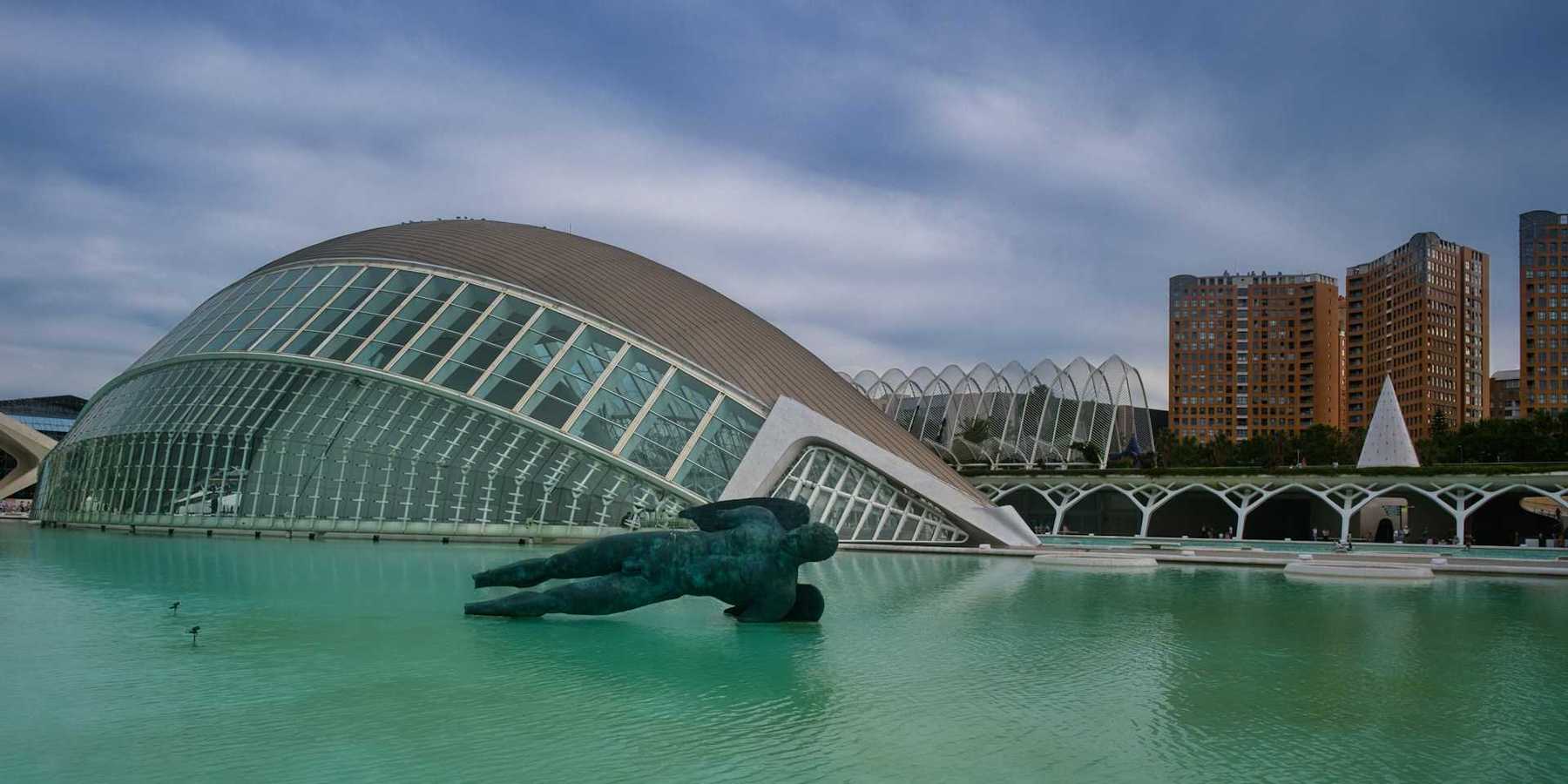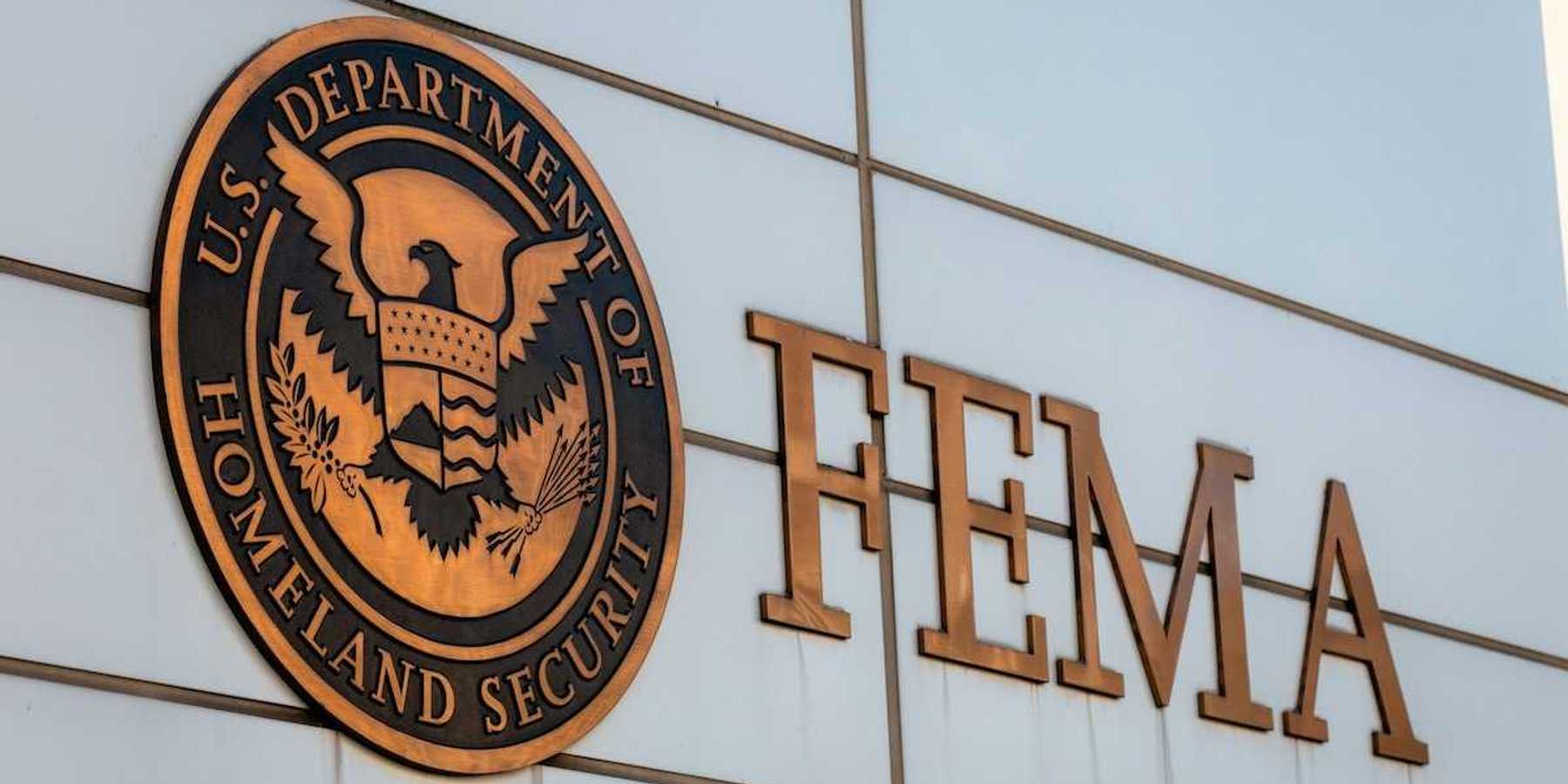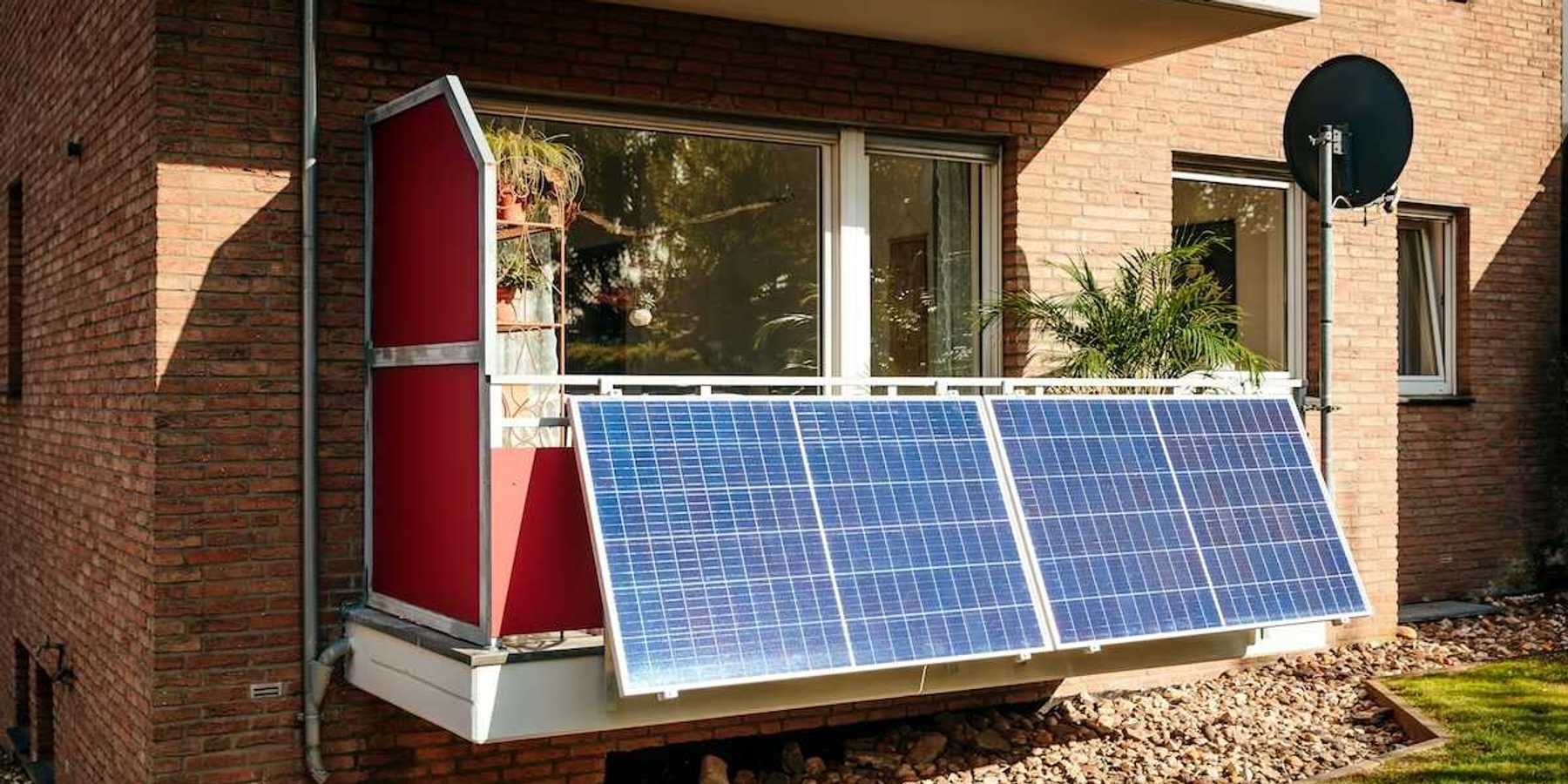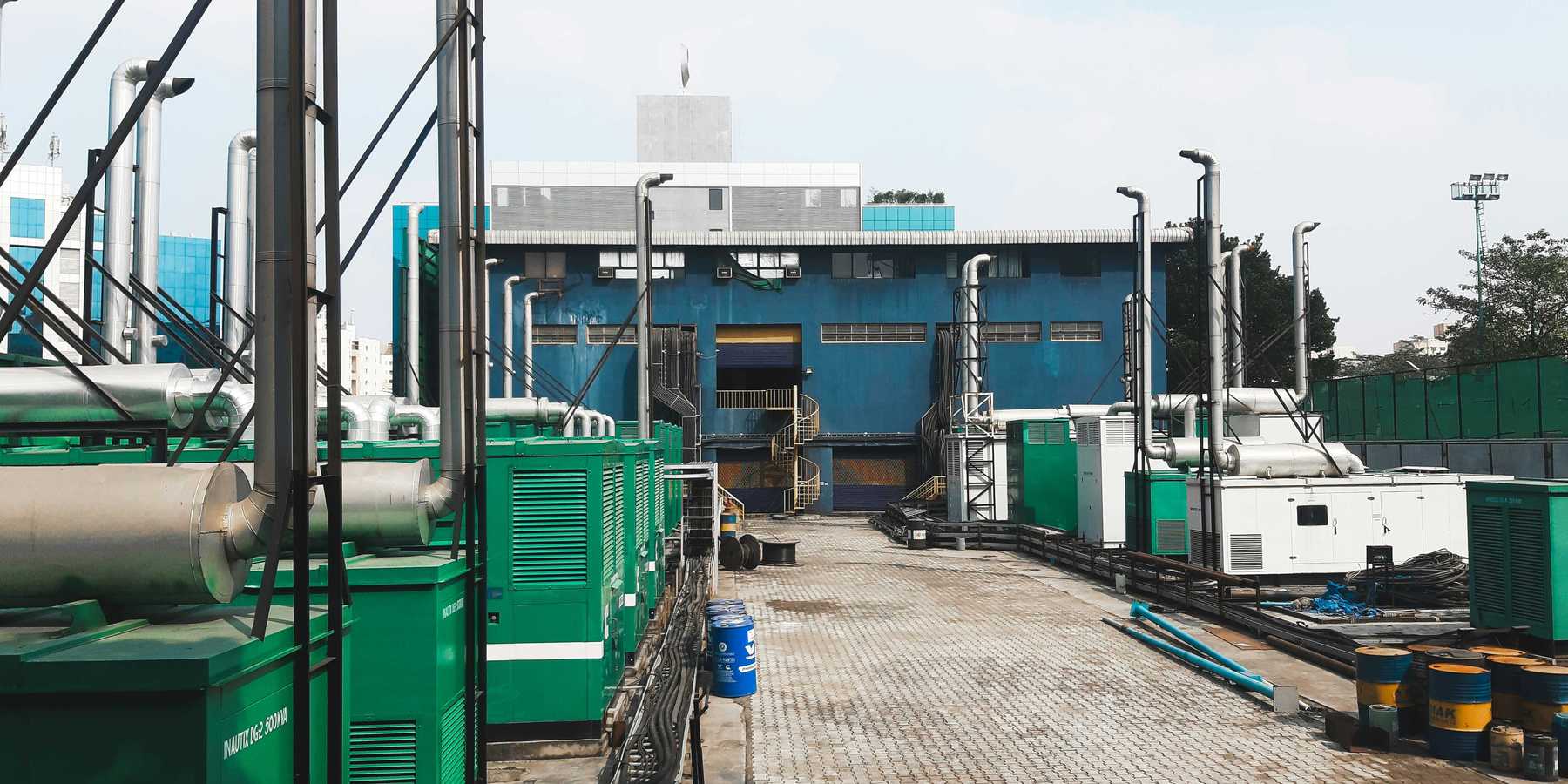Vermont debates new climate compensation bill targeting fossil fuel firms
Vermont is considering a groundbreaking bill that would use a "Superfund" model to recover costs from fossil fuel companies for climate-related damages, reflecting a shift toward climate adaptation.
Olivia Gieger reports for Inside Climate News.
In short:
- The proposed Climate Superfund Act in Vermont aims to implement the "polluter pays" principle to address costs from climate change impacts.
- The bill has passed the Vermont Senate and is supported by a majority in the House, signaling strong legislative backing.
- Financial contributions from fossil fuel companies would fund infrastructure updates and other adaptive measures in Vermont.
Key quote:
“One thing that it definitely isn’t about is cutting carbon pollution. This one really is about what are the effects of the climate crisis going to be on Vermont, how we make them less severe, less costly, and how do we pay for them when they inevitably do come?”
— Ben Edgerly-Walsh, director the climate and energy program at the Vermont Public Interest Research Group
Why this matters:
This bill could set a precedent for other states, offering a template for linking climate-related damages to corporate accountability, and moving toward adaptation strategies.
Learn more about the impact fossil fuels have on our health: Fossil fuels and petrochemicals may be making us sicker.













